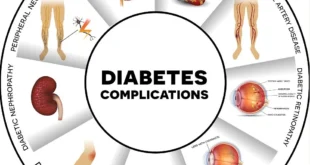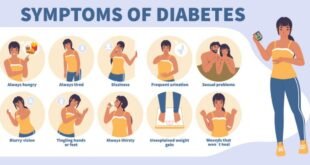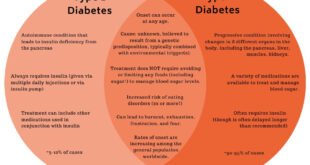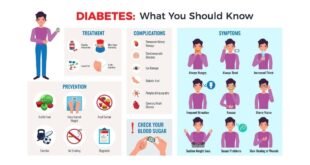Diagnosis of diabetes—type 1 or type 2—can be overwhelming. But remember: this is not a dead end. With right steps, care, and mindset, you can lead a healthy, happy life. Here’s what to do next:
1. ???? Learn About Your Diagnosis
Learn first about:
– The type of diabetes you have (Type 1 or Type 2)
– How blood sugar and insulin work
– Complications that can occur and how to prevent them
Reliable sources like the American Diabetes Association (ADA) and your local health care providers give you credible information.
2. ???? Build Your Care Team
You’re going to need a team to assist you on your journey. This may be:
– Your primary physician
– A diabetes educator
– A dietician
– An endocrinologist
– A mental health professional (if needed)
They will work together with you to create a personalized treatment plan.
3. ????️ Adapt Your Diet
Food has the most direct influence on blood sugar levels. Watch out for:
– Whole grains, greens, lean proteins, and healthy fats
– Eliminating sugary and processed foods
– Tracking carbohydrates and meal planning
You can be helped with meal planning that is good for your health by a dietician.
4. ????♂️ Get Physically Involved
Exercise regulates blood sugar and improves insulin sensitivity. Try:
– Brisk walking, swimming, cycling, or dancing
– Yoga or stretching exercises
– Having realistic goals and being consistent
Even 30 minutes a day will make a huge impact.
5. ???? Keep an Eye on Your Blood Sugar
Regular checking helps you notice how food, exercise, and medicine affect your body. Use:
– A glucose meter or continuous glucose monitor (CGM)
– Apps that sync with your devices for real-time tracking
Maintain a record and present it to your physician at checkups.
6. ???? Adhere to Medication Regimen
Should your physician prescribe medication or insulin:
– Take the dosage as directed
– Inquire about side effects and reactions
– Never omit doses without consulting with a doctor
Medication may be critical to keeping blood sugar stable.
7. ❤️ Find Emotional Support
Diabetes can be mentally tough. Speak to:
– Family and friends
– Online forums or support groups
– Mental health experts
You’re not alone—millions of people live well with diabetes every day.
 Kolnest.com – Know the Signs. Change the Future. Entertainments, Gadgets, Business, News, Articles, Love, Travel, Heallth
Kolnest.com – Know the Signs. Change the Future. Entertainments, Gadgets, Business, News, Articles, Love, Travel, Heallth






